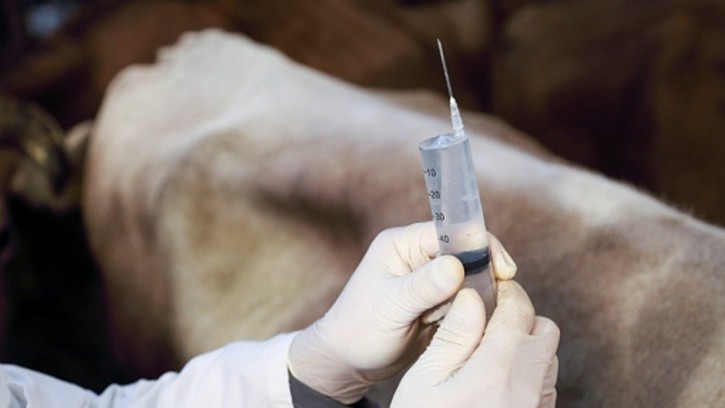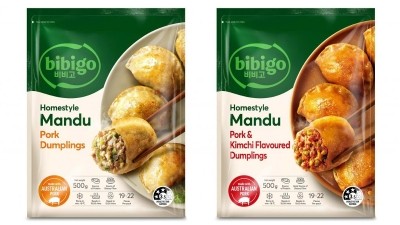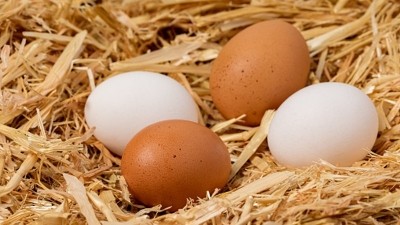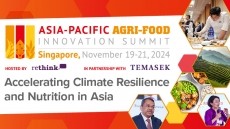Expediting exports: South Korea eyes larger share of EU antimicrobial animal-based products market

The EU recently submitted its provisional list of foreign markets compliant with its new antimicrobial requirements for animal and animal-based product imports into the country to the World Trade Organisation (WTO) as part of an ongoing WTO consultation which is open until August 27, 2024.
The new requirements are expected to come into effect on September 3 ,2026. By this time, all markets not named in this list will no longer be allowed to export products with animal content meant for human consumption into the EU.
As of publication, only 72 countries have been included on this list. Not all of these countries are authorised to import all animal-related products, such as South Korea, which is limited to poultry, aquaculture and honey but not beef, pork or others.
That said, the South Korean government has highlighted that this auto-inclusion onto the list is extremely important for South Korea as it indicates recognition of the local antibiotic resistance management system.
“This recognition is vital to us as it affects many important food exports such as processed chicken products like samgyetang (ginseng chicken) and seafood-containing products like kimchi and ramen,” South Korean Minister of Food and Drug Safety (MFDS) Oh Yoo-kyung, Minister of Agriculture, Food and Rural Affairs (MAFRA) Song Mei-ryeong) and Minister of Oceans and Fisheries (MOF) Kang Do-hyung said via a joint formal statement.
“With the position of having EU export qualifications, not only is South Korea able to continue exporting animal-based products to the EU but this is also expected to gain us an advantageous position in future Korea-EU trade negotiations, particularly for other animal products such as beef and pork.
“This will provide a good opportunity for K-food to expand more strongly into the EU market [and] attract many more consumers there; as well as pave the way for expansion into many other countries.”
To ensure that South Korea was included as part of the permitted list, the three ministries had to prove that all relevant products were in line with the EU’s new regulation prohibiting the use of human and growth-promoting antibiotics in animals meant for food purposes.
“The evaluation of South Korea’s antibiotic safety management system had been ongoing since May 2023,” said Oh.
“But as of April 2024 MFDS, MAFRA and MOF had submitted the relevant data to the EU five times and passed each time, proving our local food safety management capabilities across the various food sectors.”
The list of countries permitted to export animal-based products into the EU is expected to be finalised by September this year, after the WTO consultation is concluded.
Countries in limbo
South Korea may have made the cut, but there are a number of countries still in limbo despite currently being trade partners with the EU.
One of the most significantly affected names in Asia is India, which was found to not be compliant for aquaculture, eggs and honey products, whereas Indonesia and Sri Lanka are on the line for their aquaculture products.
“Animals and animal products intended for human consumption can be exported to the EU only if the third country or region appears on a list drawn up by the European Commission (EC) for that purpose,” EU explanatory documents stated.
“Antimicrobial resistance is viewed as a major threat to global health, hence the EU seeks to ensure prudent and responsible use of antimicrobials in animals [and] is adopting a new list to ensure that imported food of animal origin complies with requirements on antimicrobials.
“This draft list has been published well ahead of September 3, 2026, when the new rules enter into force, to increase transparency and legal certainty for the operators concerned.
“Only non-EU countries included in the list for the marked commodity or commodities will be authorised to continue exporting these products to the EU from September 3, 2026.”

















